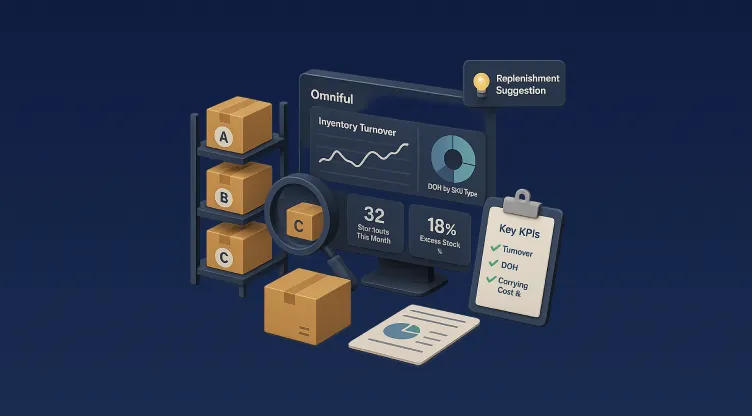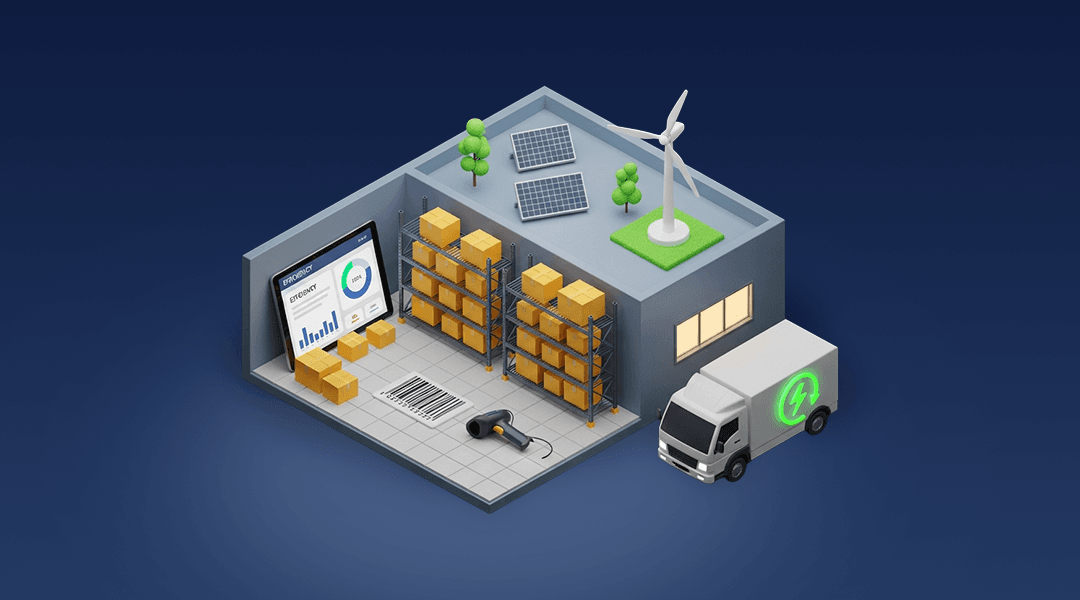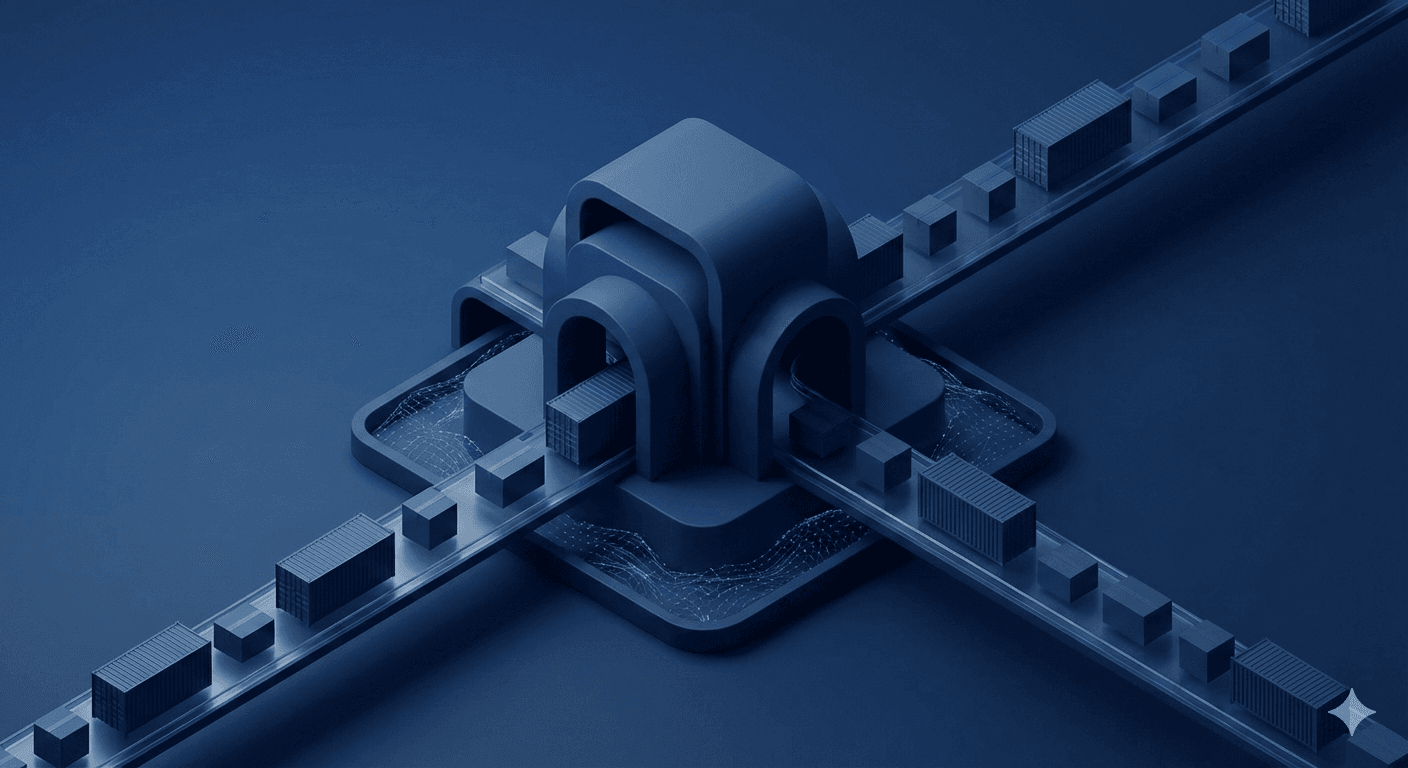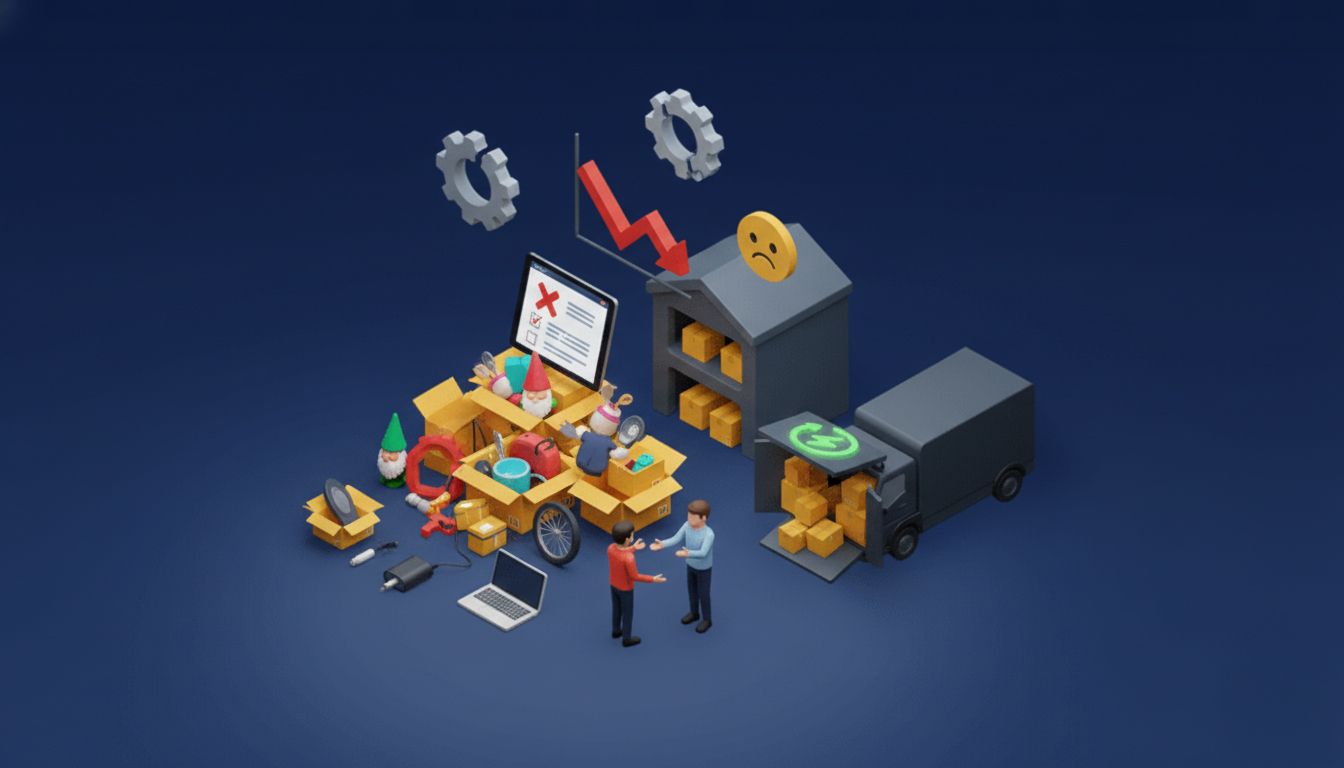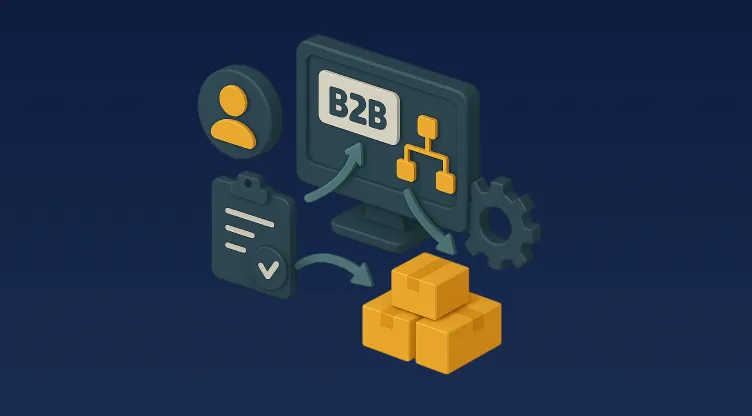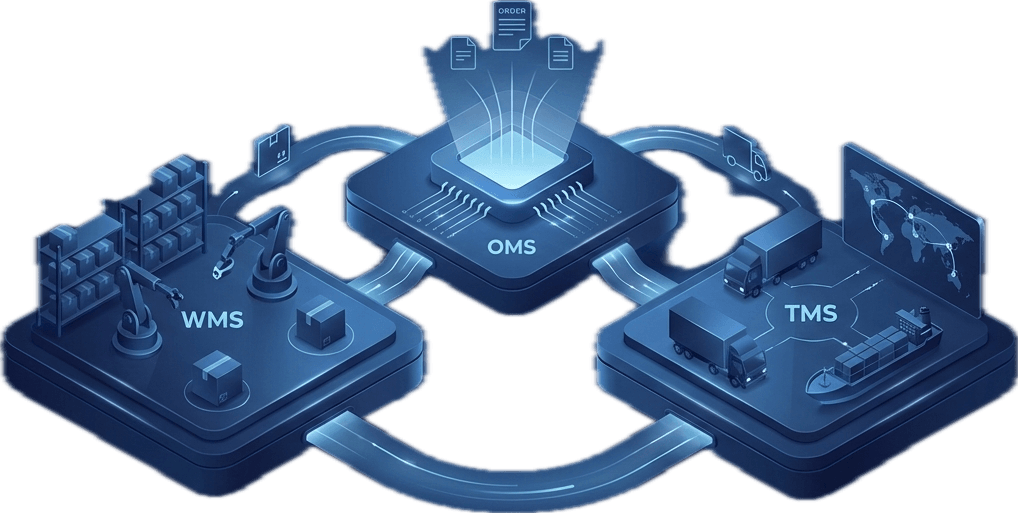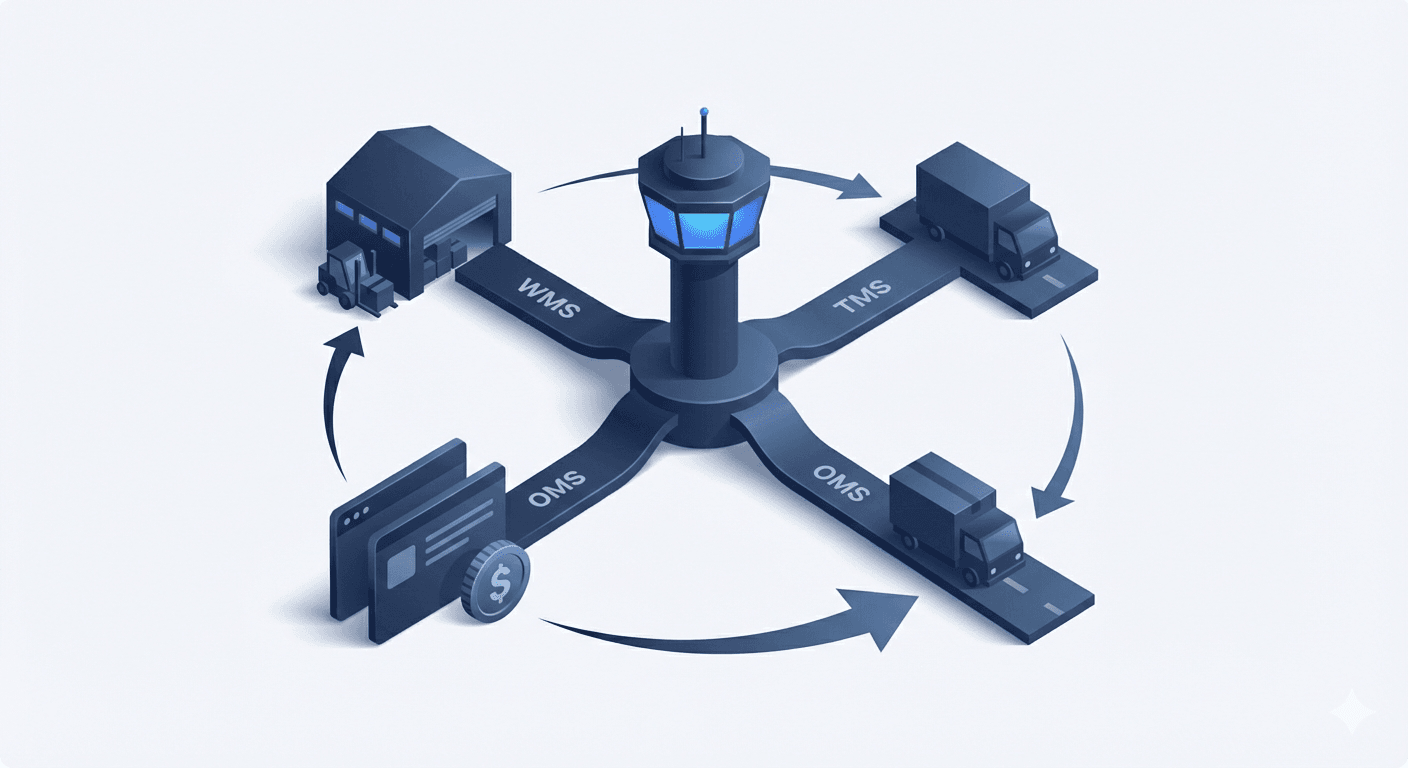TMS for E-Commerce Startups: Setting Up from Day One to Avoid Logistics Chaos

Table of Contents
Roadmap to Resilience – Quick Takeaways for Founders
- Early-stage e-commerce must prioritise transport management to scale cleanly.
- TMS provides control over driver routes, delivery windows, and fleet costs.
- MENA’s delivery ecosystem demands automation, not manual guesswork.
- Logistics errors in the first year can stall brand trust and investor traction.
- Smart transport management tools prevent order overflow from turning into chaos.
- A startup-ready TMS offers visibility, speed, and adaptability across delivery zones.
Introduction: Why Your First Delivery Needs a Plan
Picture this: your online store goes live, orders trickle in, your product gets noticed. Then it happens — a viral boost, hundreds of checkouts, and drivers scrambling with no clear instructions.
That’s the moment most startups realise logistics isn't a back-office job — it’s the front line of customer experience.
In the e-commerce ecosystem, the delivery isn’t the end. It’s the handshake. A delayed parcel is a broken promise. And in a competitive MENA market, there’s no room for second chances.
A Transport Management System (TMS) is how you make sure that handshake lands on time, every time.
What Does a TMS Actually Do?
Think of a TMS as the digital conductor of your delivery symphony. It doesn’t just track packages — it ensures your entire fulfilment chain is synchronised.
A startup-friendly TMS will help you:
- Assign orders to drivers automatically
- Map routes based on traffic and geography
- Send live delivery updates to customers
- Manage third-party couriers and in-house fleets
- Record successful drop-offs and reattempts
Without a TMS, these tasks happen in WhatsApp groups, spreadsheets, or worse — not at all.
With platforms like Omniful TMS, these workflows are connected in real time, eliminating delays, confusion, and costly errors.
Startups and the Myth of “Too Early”
Many founders make the same mistake: “We’ll add logistics software when we scale.”
That’s like building a skyscraper and adding elevators after the 20th floor.
In the startup phase, every operational slip is magnified. Customers expect fast and accurate delivery from their first interaction. A TMS helps you deliver on that expectation even when your team is small.
Early adoption gives you:
- A baseline of performance metrics from day one
- Clean visibility into fleet usage and delivery costs
- A consistent customer experience from launch
- Fewer refunds, reviews, and retention issues
Why MENA Startups Need TMS More Than Ever
The MENA logistics landscape is evolving — and startups are expected to keep pace.
- Addresses aren’t always digital: Many regions still rely on landmarks instead of exact coordinates.
- Traffic congestion is real: Peak hours in Cairo or Riyadh can double delivery times.
- Cash on delivery (COD) still dominates: Reconciliation and route planning need careful coordination.
- Cross-border orders are growing: From Jeddah to Amman or Muscat, routing and tracking are critical.
These challenges don’t wait for you to scale. You need a flexible, regionally aware fleet vehicle management solution from the start.
Core Features That Make a TMS Startup-Ready
When choosing your first TMS, look for features that reduce human error and increase scalability.
Live Vehicle Tracking
See every vehicle on the road in real time, updated on your dashboard. Helps monitor driver performance and route adherence.
Automated Route Planning
A good TMS uses location data to map out efficient journeys. It considers traffic patterns, delivery zones, and vehicle loads.
Zone-Based Dispatching
Segment cities like Dubai or Riyadh into manageable delivery blocks. Reduce travel time by assigning local drivers to local orders.
Proof of Delivery
Capture photo evidence, timestamps, and electronic signatures to verify every drop-off.
Instant Alerts
Trigger updates for late deliveries, cancelled orders, or route delays. Keep your customers informed before they have to ask.
OMS Integration
Link seamlessly with your Order Management System. Orders sync directly to the delivery schedule — no need to double-handle data.
Real Startup Use Cases
Case: New Cosmetics Startup in Jeddah
Launched with 15 daily orders. With TMS, they structured zones, automated trips, and avoided hiring more dispatchers. After six months, they hit 300 orders a day with 98% on-time delivery.
Case: Local Electronics Brand in Amman
Faced high order return rates due to missed addresses. After switching to TMS with geolocation routing, their success rate jumped by 43%.
Case: Artisan Goods Seller in Sharjah
Used manual delivery planning and WhatsApp for fleet tracking. Shifted to Omniful’s TMS and saved 12 hours weekly in coordination time. They also reduced fuel costs by 25% through route optimisation.
Pitfalls of Delaying TMS Adoption
1. Driver Confusion
Without clear routes, drivers lose time or abandon deliveries.
2. Untracked Deliveries
You can’t optimise what you can’t measure. Blind spots cost you money and customers.
3. COD Disputes
Without proof, disputes on payment or delivery status can’t be resolved efficiently.
4. Staff Burnout
Manual logistics means your team spends time fixing issues instead of growing the business.
How Omniful Makes It Easy
Omniful’s TMS is made for emerging businesses. You can launch in under 24 hours with:
- Smart trip clustering
- Geofenced delivery zones
- Support for both first-mile and last-mile
- Custom workflows for COD, express, or return trips
- Plug and play integrations with your store or ERP
You’ll also benefit from full visibility into performance, cost, and customer satisfaction — even with a small fleet.
FAQs for Startup Founders
Do I need TMS if I only deliver within one city?
Yes. A single city can have complex delivery patterns and peak hour disruptions. TMS ensures consistency at every location.
How many drivers make a TMS worth it?
Even with two drivers, the time and cost savings from automation can pay off.
Can I use this with outsourced delivery services?
Absolutely. Omniful allows integration with external carriers while maintaining in-house visibility.
What if I grow quickly?
Great — Omniful’s modular design supports scaling from 20 to 20,000 orders without switching platforms.
Start with Clarity, Grow with Confidence
Your delivery operations are the heartbeat of your brand.
The earlier you put systems in place, the smoother your scale-up journey will be. With a smart TMS in your stack, you gain not just efficiency — but control, insights, and customer confidence.
Let your startup stand out, not just for what you sell — but how reliably you deliver.



